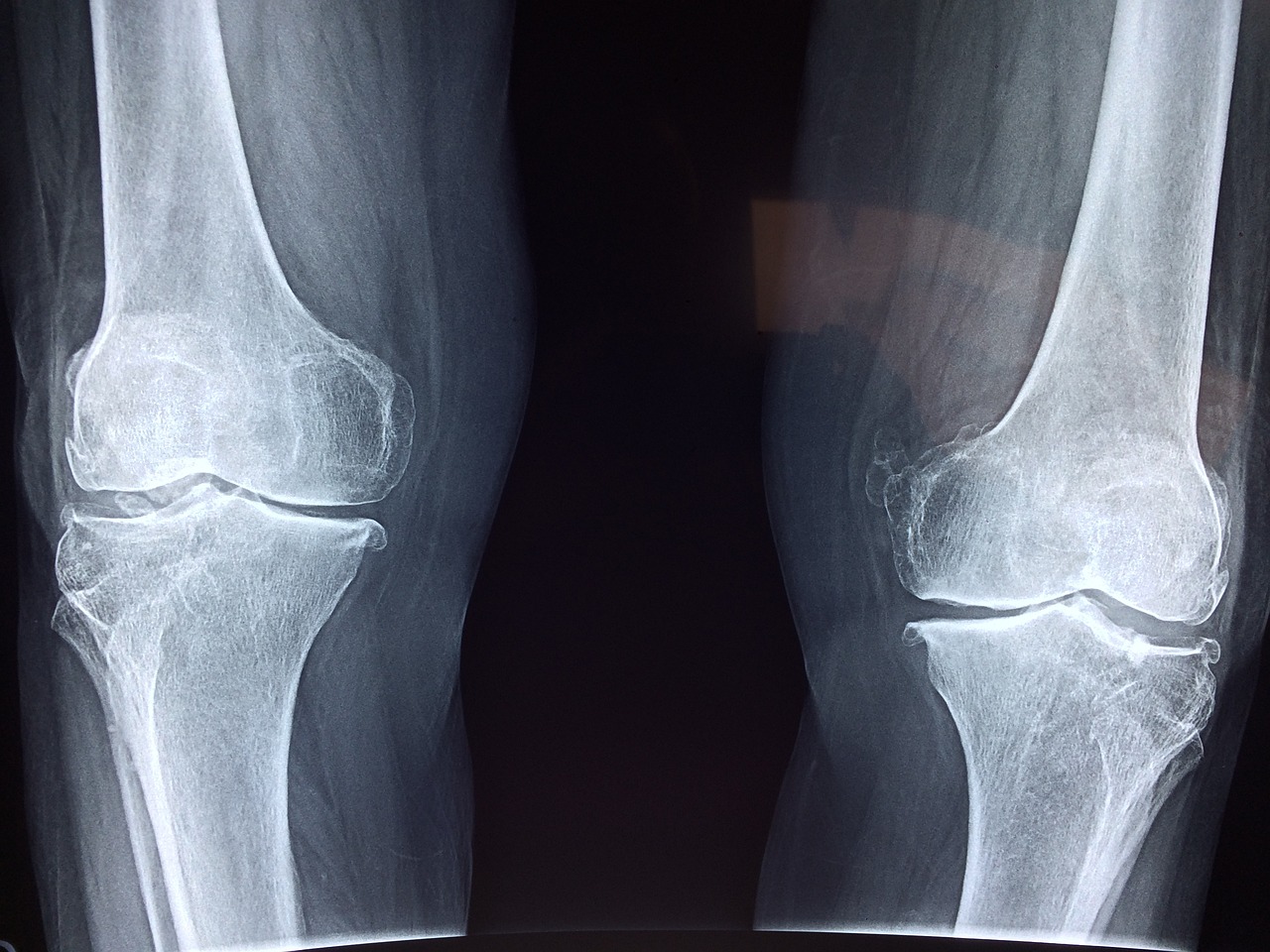Article Title:Phenomenological factors in Vygotsky's mature psychology
Abstract:
This article examines some of the phenomenological features in Lev Vygotsky's mature psychological theory, especially in Thinking and Speech and The Current Crisis in Psychology. It traces the complex literary and philosophical influences in 1920s Moscow on Vygotsky's thought, through Gustav Shpet's seminars on Husserl and the inner form of the word, Chelpanov's seminars on phenomenology, Bakhtin's theory of the production of inner speech, and the theoretical insights of the early Gestalt psychologists. It begins with an exposition of two central Husserlian schemas: part-whole theory and the thesis of the naive standpoint, both of which Vygotsky was clearly familiar with. This is followed by an account of the reception of phenomenology in early Soviet Russia. The article's central sections are concerned with a careful unpacking and critique of Vygotsky's employment of Husserlian method and analysis in his later doctrine of the 'inner plane of speech', his use of part-whole theory, and his identification of Husserl's position with an untenable version of idealism. The article closes with the contention that Vygotsky misrepresents the phenomenological analysis of meaning formation and appropriates basic Husserlian conceptual terms in his elaboration of the 'inner form of the word'; but Vygotsky does so in such a way that he enriches our descriptive access to the individual development of humans' dynamic use of language.
Keywords: cognitive meaning; Edmund Husserl; part-whole theory; phenomenology
DOI: 10.1177/09526950022120773
Source:HISTORY OF THE HUMAN SCIENCES
Welcome to correct the error, please contact email: humanisticspider@gmail.com



